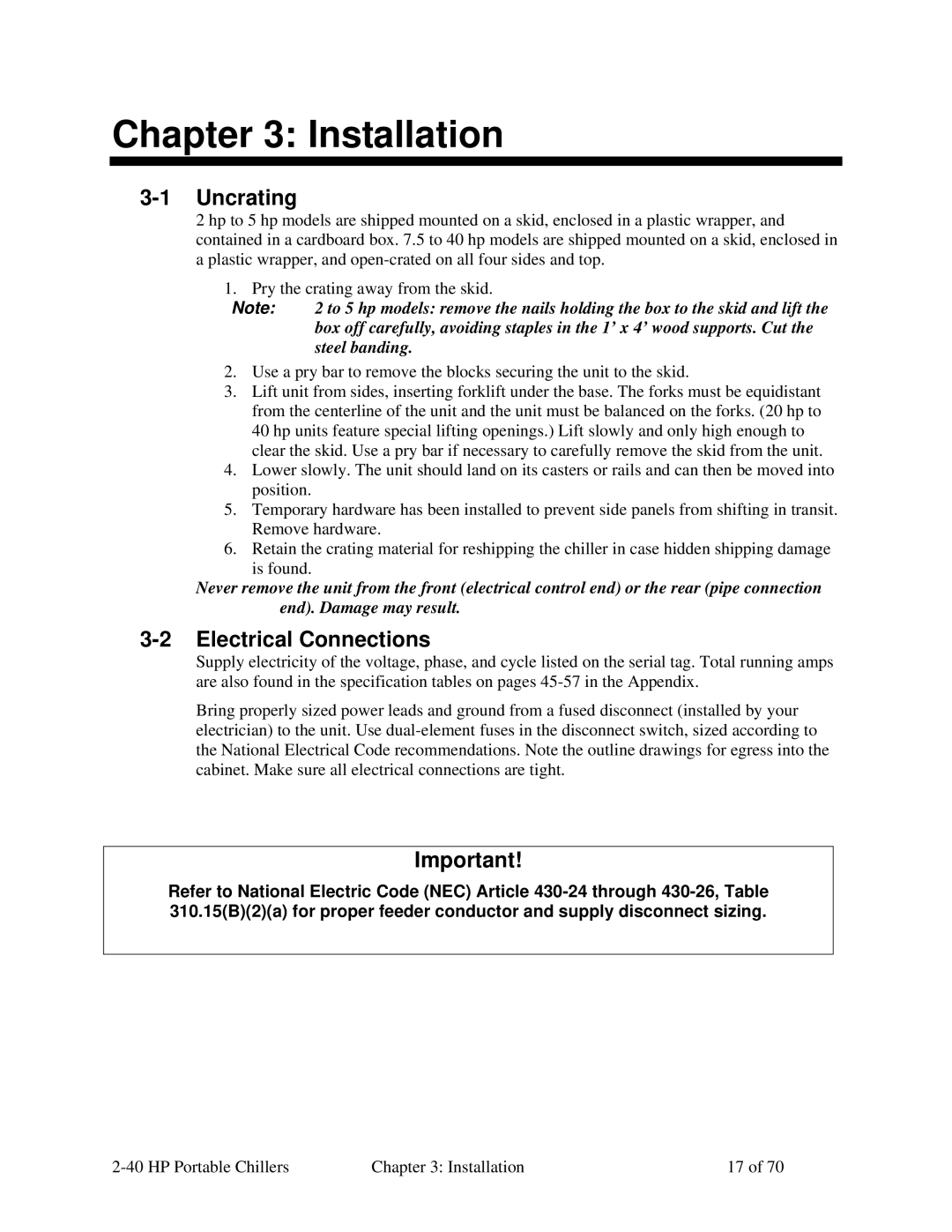A0554831 specifications
The Sterling A0554831 is a versatile and powerful tool designed for a range of applications, particularly in the industrial and construction sectors. Known for its robust construction and reliability, it has gained popularity among professionals and DIY enthusiasts alike.One of the main features of the Sterling A0554831 is its durable build quality, which is designed to withstand harsh working conditions. The device typically features a high-strength casing that protects it from dust, moisture, and impact, ensuring longevity even in the most demanding environments. Its ergonomic design allows for comfortable handling, minimizing user fatigue during extended use.
In terms of performance, the Sterling A0554831 is equipped with advanced technologies that enhance its efficiency and functionality. The device is powered by a high-torque motor, delivering impressive power that enables it to tackle heavy-duty tasks with ease. The precision-engineered components ensure consistent performance, making it ideal for tasks that require accuracy and reliability.
Another significant characteristic of the Sterling A0554831 is its versatility. It typically comes with multiple settings and modes, allowing users to adjust the tool according to the specific requirements of their project. Whether drilling, cutting, or fastening, the tool can accommodate various tasks, making it a valuable addition to any toolkit.
Safety features are also a priority with the Sterling A0554831. Many models are equipped with overload protection and safety switches that prevent accidental activation, safeguarding the user during operation. Additionally, some variants may include LED indicators that provide real-time information about battery life or operational status, enhancing overall user experience.
In conclusion, the Sterling A0554831 stands out in the market for its combination of durability, performance, and versatility. With advanced technologies that cater to a wide range of applications and a design focused on user comfort and safety, this tool is an excellent choice for professionals looking for dependable and effective solutions in their work. Whether you are a seasoned professional or a casual DIYer, the Sterling A0554831 is well-equipped to handle your needs with ease and efficiency.

